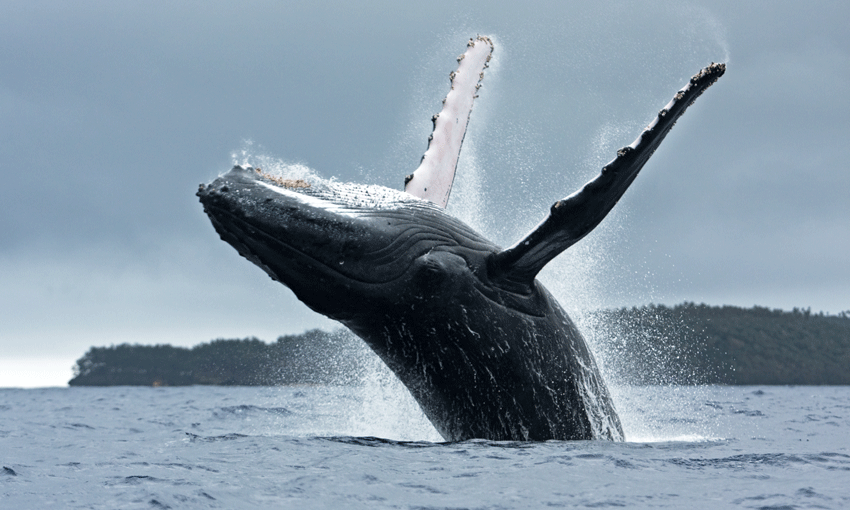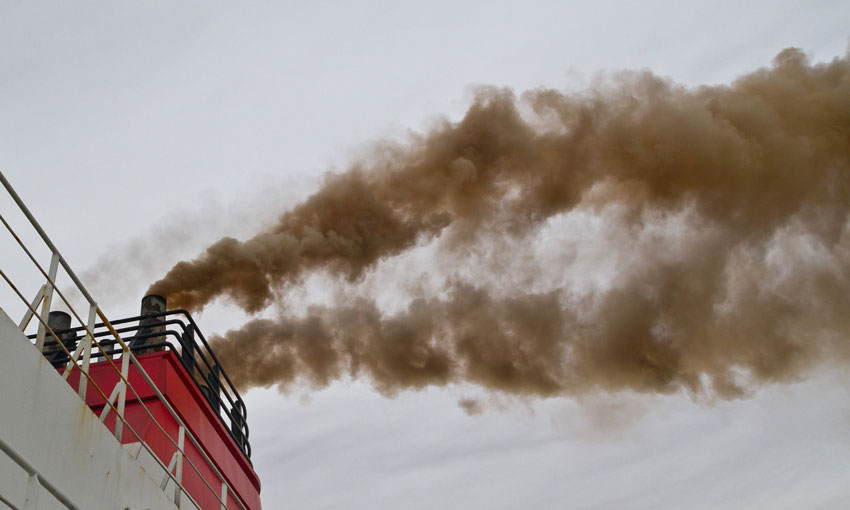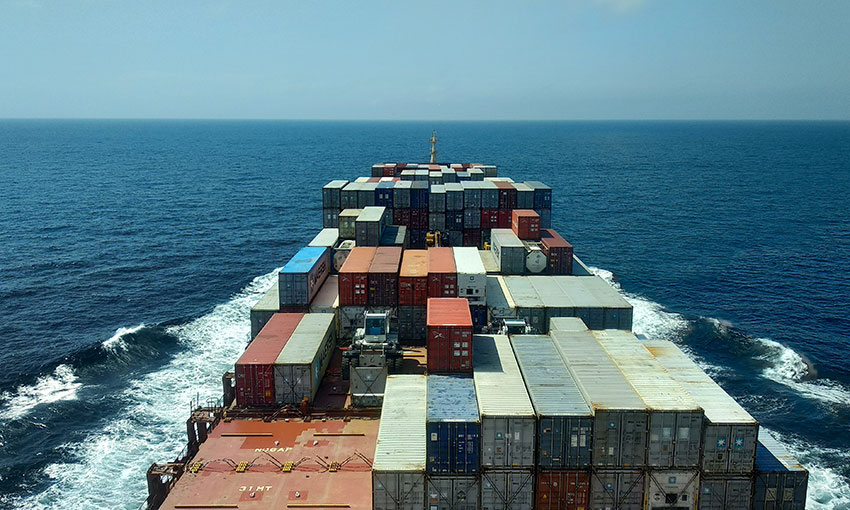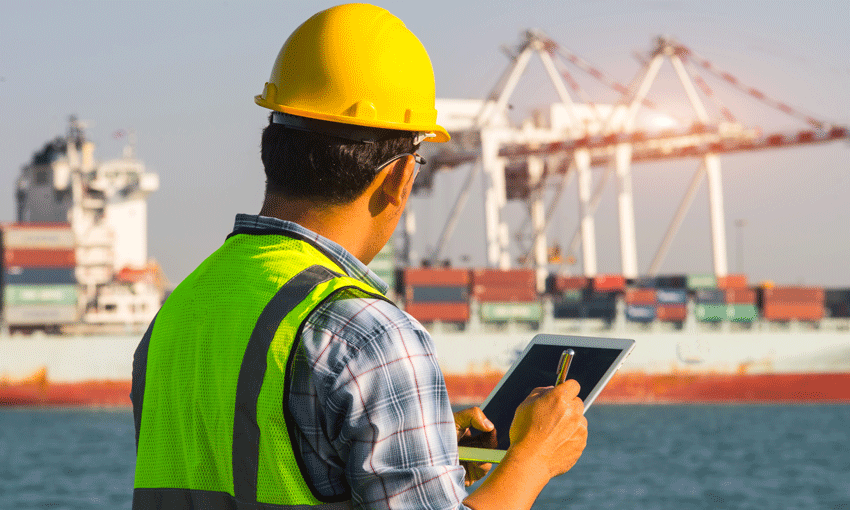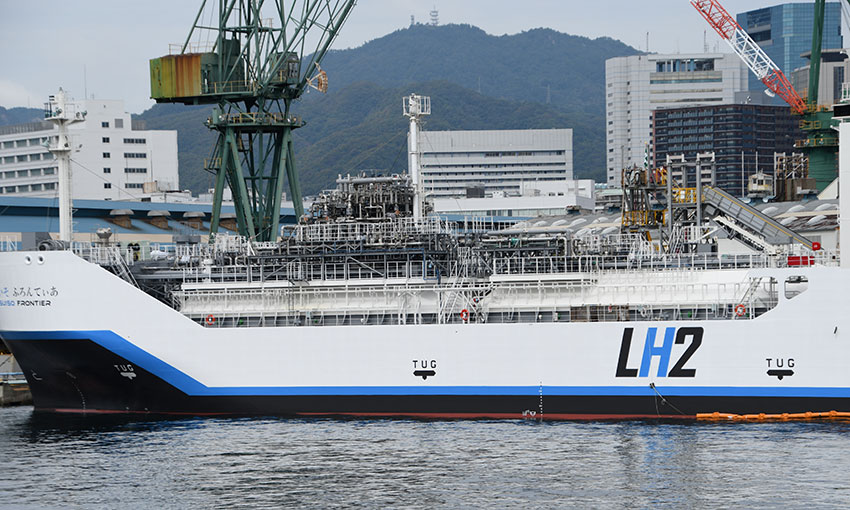THE INTERNATIONAL Chamber of Shipping has voiced its support for an emerging industry effort to reduce ship strikes to whales.
The ICS commended the measures the shipping industry has been implementing to avoid colliding with whales, such as reducing vessel speed and rerouting ships away from areas populated by whales.
ICS highlighted steps already taken by the industry to reduce the risk of collisions, noting areas where speed limits apply to vessels such as the Gibraltar Straits.
It also referred to guidance on particularly sensitive sea areas, designed to inform mariners on “whale avoidance” measures.
ICS secretary general Guy Platten said whales are a vulnerable and endangered species.
“The ocean is their home, and we must make sure that international shipping activities are mindful of their presence,” he said.
“It is really positive to see our members working with NGOs on initiatives that address this serious issue.
“There is always more that can be done, and that is why we are working with the International Maritime Organization and other stakeholders on reviewing maritime guidelines.”
The German Shipowners’ Association (VDR) recently announced its support of two whale protection initiatives by the NGOs OceanCare and the International Fund for Animal Welfare.
VDR CEO Martin Kröger said the association was eager to accept the NGOs’ proposals and urged 150 of its members to reroute their ships.
“The feedback has unambiguously indicated that we are all happy to take minor diversions to protect the whales there,” he said.
Christian Naegeli, VDR’s marine advisor on maritime safety, nautical & technical affairs, and the environment also supported the initiative.
“There are possibilities to bypass the whales’ habitats by just a few nautical miles in both places – safely, legally, and without much extra effort or expense,” he said.
Nicolas Entrup, director of international relations at OceanCare, said the NGO appreciates the steps taken by VDR and individual shipping companies such as MSC, which this year became the largest shipping company to reroute ships in the Mediterranean and off Sri Lanka.
“The science-based approach to identify important marine mammal areas such as the Hellenic Trench and the waters south of Sri Lanka allows the shipping sector to take action, but also provides guidance to policy makers,” he said.
ICS also highlighted the impact of ship induced underwater radiated noise on marine mammals as an area of concern.
It said noise caused by shipping can disrupt whales’ ability to navigate underwater, leading to difficulty finding food and communicating with each other.

